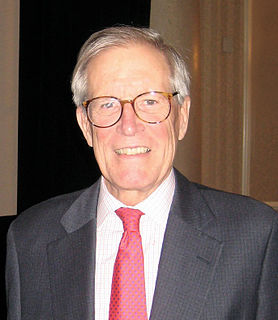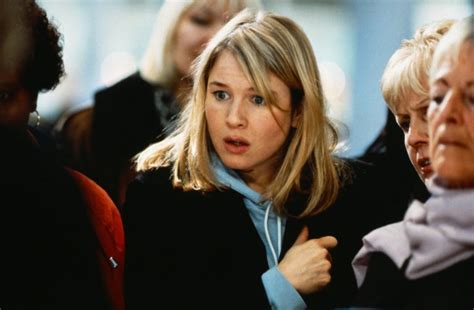A Quote by Rick Famuyiwa
When I first started working on 'The Wood,' these people couldn't grasp the concept that, one, there is a black middle class, and, two, Inglewood is a part of it.
Related Quotes
Actually we've had a black bourgeoisie or the makings of a black bourgeoisie for many more decades.In a sense the quest for the emancipation of black people in the US has always been a quest for economic liberation which means to a certain extent that the rise of black middle class would be inevitable. What I think is different today is the lack of political connection between the black middle class and the increasing numbers of black people who are more impoverished than ever before.
The government decides to try to increase the middle class by subsidizing things that middle class people have: If middle-class people go to college and own homes, then surely if more people go to college and own homes, we’ll have more middle-class people. But homeownership and college aren’t causes of middle-class status, they’re markers for possessing the kinds of traits — self-discipline, the ability to defer gratification, etc. — that let you enter, and stay, in the middle class. Subsidizing the markers doesn’t produce the traits; if anything, it undermines them.
The Democrat Party is threatened by people whose economic circumstances improve to the point that they do not need government first and foremost. That's a threat. But this happens when the U.S. economy is humming. There is a lot of upward mobility, and people leave the lower depths of poverty and start traversing a pathway through the middle class to the upper middle class, and as they leave, the Democrats have to replace them. That is what illegal immigration has been since 1965 when Ted Kennedy reintroduced the whole concept after 40 years of no immigration from 1921 to 1965.
The historical basis for the gap between the black middle class and underclass shows that ending discrimination, by itself, would not eradicate black poverty and dysfunction. We also need intervention to promulgate a middle-class ethic of success among the poor, while expanding opportunities for economic betterment.




































